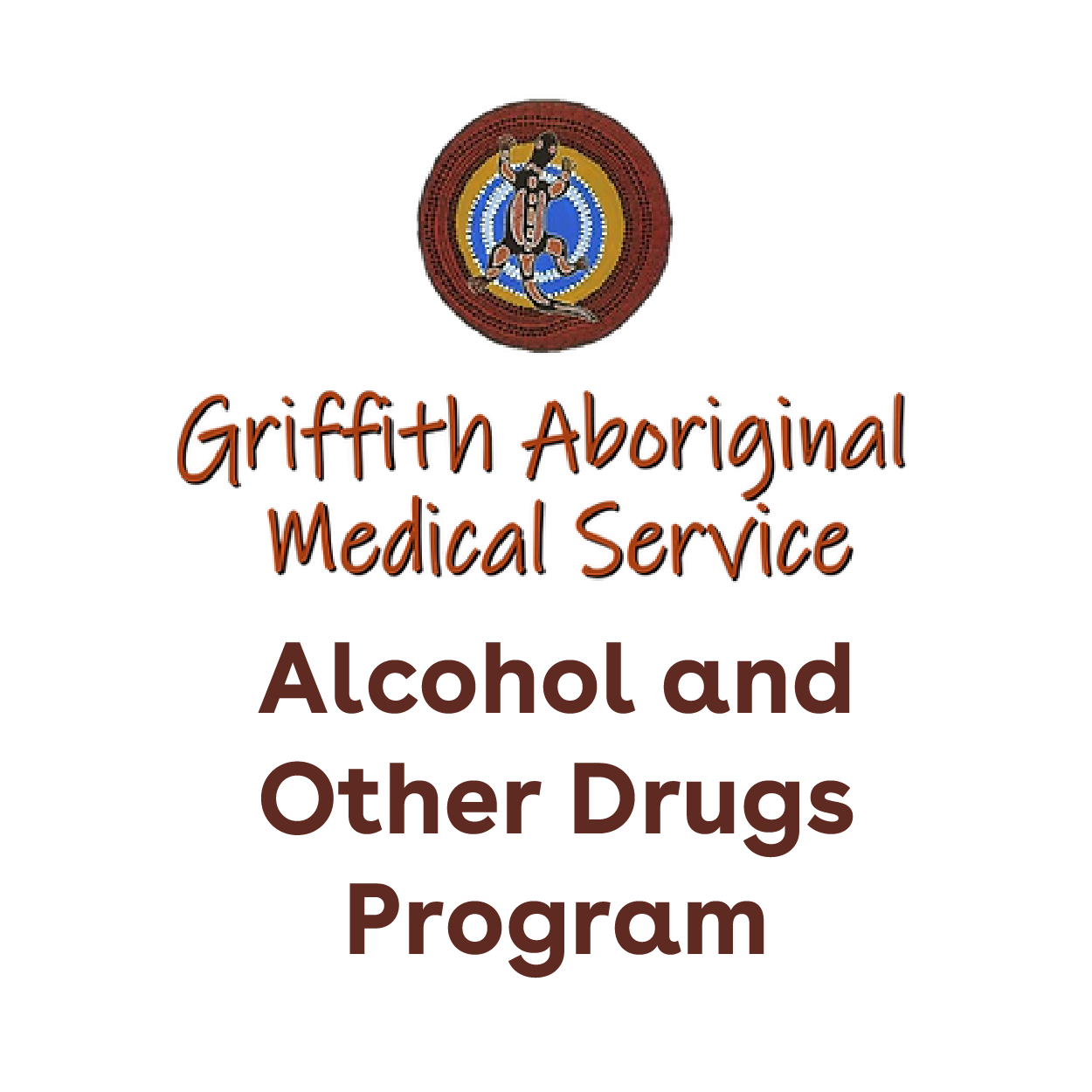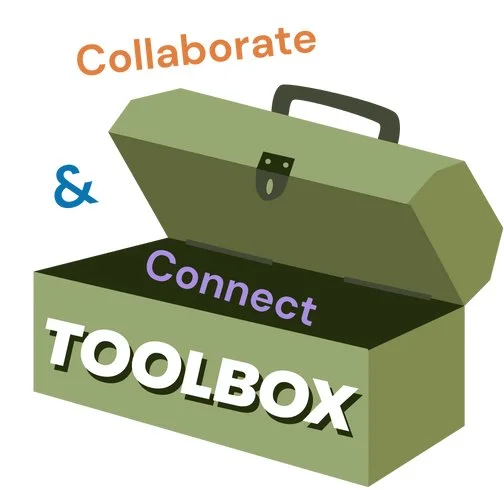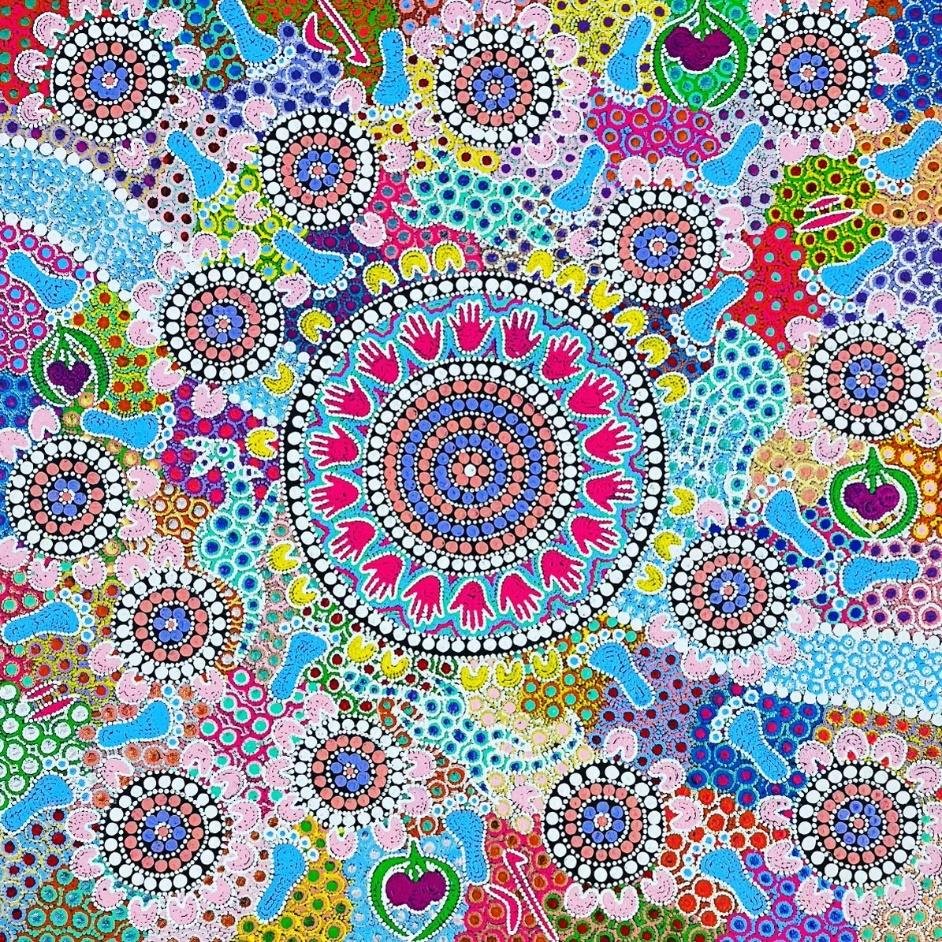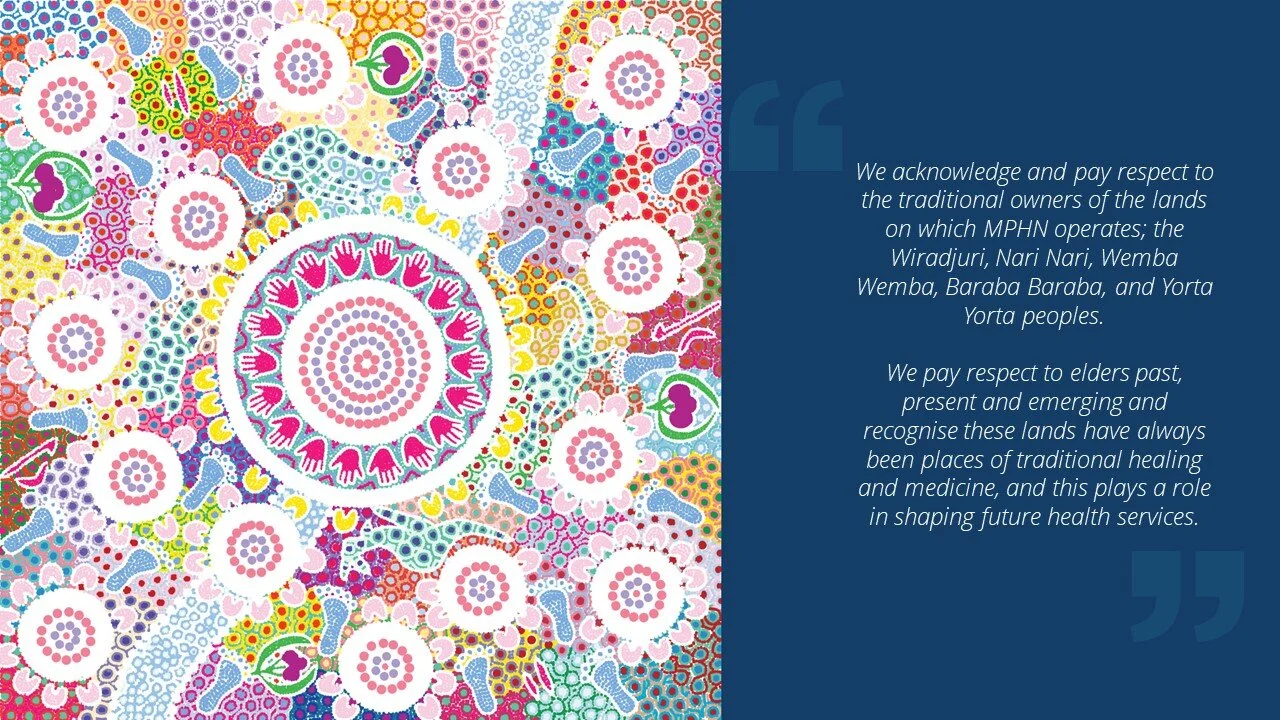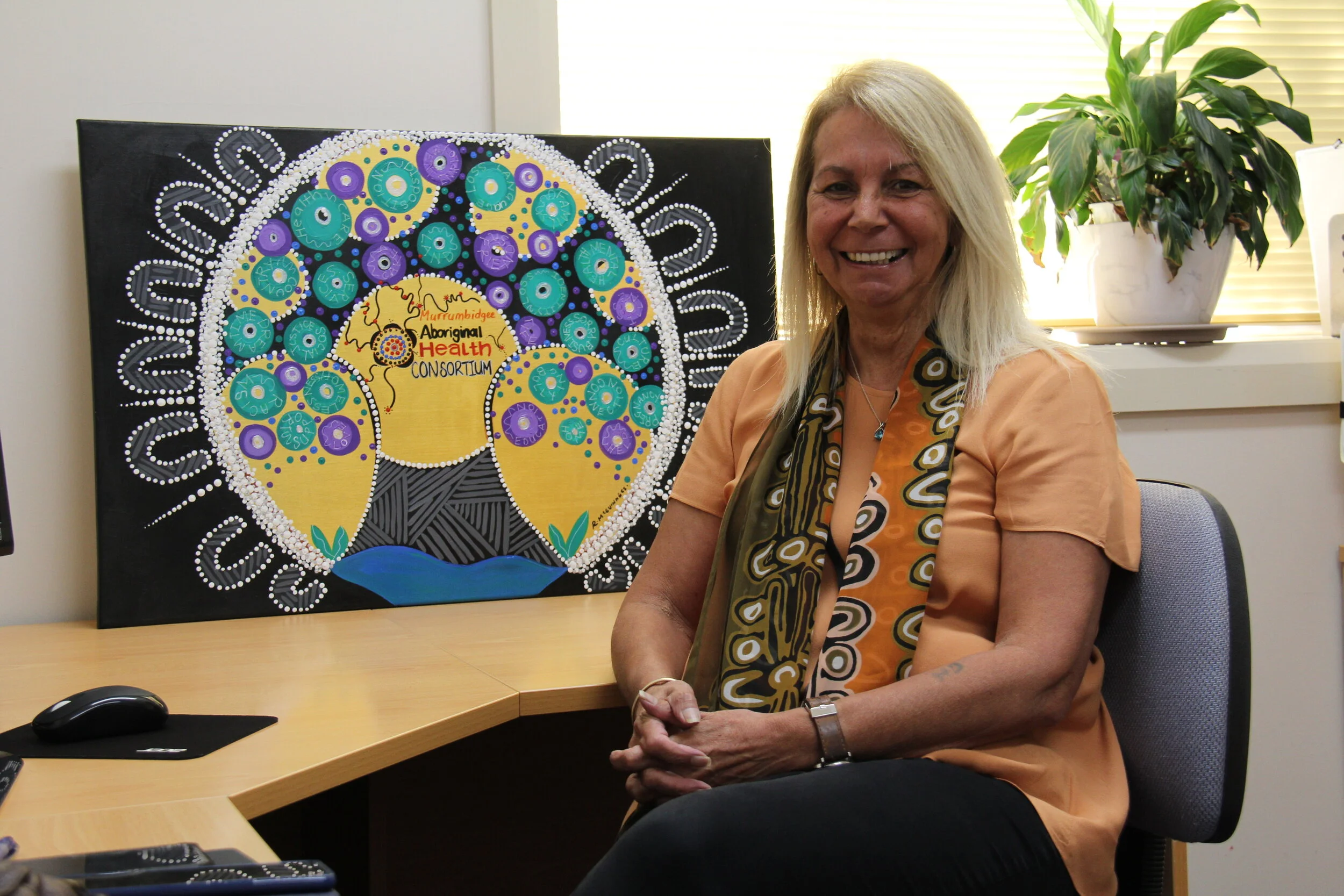Aboriginal Health
Aboriginal and Torres Strait Islander health and wellbeing is one of Murrumbidgee Primary Health Network’s seven priority areas. MPHN’s approach to improving health outcomes and making inroads to closing the gap involves activities targeted at improving the health and wellbeing of Aboriginal and Torres Strait Islander people.
Aboriginal Health
Aboriginal people can visit a GP in an Aboriginal medical service throughout the Murrumbidgee region including Riverina Medical and Dental Aboriginal Corporation in Wagga Wagga, Griffith Aboriginal Medical Service in Griffith, Hay, Murrin Bridge Aboriginal Health Service in Lake Cargelligo, Deniliquin Aboriginal Health Service or Viney Morgan in Barmah.
Aboriginal and Torres Strait Islander people are less likely to get bowel cancer than other Australians, but have a lower chance of surviving five years. But a simple screening test can help find bowel changes early, find out more about the screening test and how it works.
Murrumbidgee PHN provides funding to local Aboriginal Medical Services (AMS) and Marathon Health Ltd to deliver the Integrated Team Care Program for Aboriginal and Torres Strait Islander People in our region. Integrated Team Care activities are designed to increase the access to primary health care services by Aboriginal and Torres Strait Islander people.
Aboriginal and Torres Strait Islander people can get a free health check at your local Aboriginal Medical Service, general practice or health clinic.
These resources are designed to guide these professions on providing services to Stolen Generations survivors without triggering trauma.
Mental Health and Alcohol & Other Drugs
Eligibility: The service is for Aboriginal and Torres Strait Islander People aged 16+
Cost: All services are fully funded
Provider: Riverina Medical and Dental Aboriginal Corporation, and Griffith Aboriginal Medical Service
Location: Wagga Wagga and Griffith
This program provides AOD intervention services for Aboriginal and Torres Strait Islander people who are at risk of losing employment, or have difficulty gaining employment, or at risk of dropping out of education due to substance abuse problems.
Healthy Spirit, Healthy Community is an educational and informational resource developed for health professionals and community members.
Drug services and resources for Aboriginal and Torres Strait Islander people and communities.
The Griffith Aboriginal Medical Service hosts the Alcohol & Other Drugs program. This service is part of a larger Regional Drug & Alcohol support network.
Social, emotional and cultural wellbeing online resources for Aboriginal and Torres Strait Islander People.
Cultural Awareness Training
Murrumbidgee Primary Health Network is committed to ensuring that services delivered by our providers, and accessed by Aboriginal and Torres Strait Islander peoples, are culturally safe. A component of this commitment is to provide opportunities for MPHN staff, Primary Healthcare providers and MPHN Commissioned service provider staff to access appropriate cultural safety training.
Keep an eye on our CPD events page for upcoming courses, or reach out to our Aboriginal Health and Wellbeing Manager to register your interest.
Other training
Core is an innovative online course developed to strengthen your organisation’s cultural capability. It's designed to be informative, interactive and to create a greater awareness of the vast history and cultural heritage of Aboriginal and Torres Strait Islander peoples.
High quality, high impact training services for workplaces across Australia, providing teams with the knowledge, skills and confidence to employ, retain, partner, procure from and work with Aboriginal and Torres Strait Islander peoples.
CCCA specialises in online Aboriginal and Torres Strait Islander cultural competence training. Courses are foundation level and designed as a non-confrontational, self-paced, precursor to face-to-face training.
Corporate Culcha offers a range of culturally informed services including interactive eLearning, tailored Indigenous cultural awareness workshops, and dedicated First Nations mentoring programs to support inclusion and career development. With experience delivering training in remote and regional communities, their programs help businesses and government organisations build culturally safe, respectful, and empowered workplaces.
Australia’s trusted authority for Indigenous Cultural Awareness Training & Ally Accreditation.
IAHA Consulting delivers Culturally Responsive program using their evidence-based Cultural Responsiveness Framework.
Engage your organisation to explore the Indigenous history of Australia and it's surrounding cities with Mirri Mirri's online training.
Useful Websites
Free, interactive resource to support the revitalisation and learning of the Wiradjuri language. Available online and as a mobile app.
This page provides resources to support organisations, schools, students and advocates in opposing racism and contributing towards a more inclusive society.
Learn more about Aboriginal and Torres Strait Islander kinship structures via this video from Reconiliation Australia.
The Collaborate & Connect Toolbox supports non-Indigenous organisations to engage more meaningfully with First Nations young people through practical tools, templates, and culturally informed guidance. Co-designed with First Nations youth, it is grounded in the principles of Intersectionality, Cultural Humility, and Decolonisation to foster respectful and effective collaboration.
Information and resources about heart health risks, symptoms, and recovery from St Vincent's Hospital Heart Health and the Heart Foundation.
First Peoples Disability Network (FPDN) is a national organisation led by and for Aboriginal and Torres Strait Islander people with disability, grounded in lived experience and human rights. FPDN advocates for systemic change by dismantling social and structural barriers, amplifying voices, and promoting inclusion, respect, and equity for First Peoples with disability and their families.
Free confidential legal information, advice and referrals for Aboriginal and Torres Strait Islander women in NSW with a focus on domestic violence, sexual assault, parenting issues, family law, discrimination and victim’s support.
Starting a conversation about cancer isn’t always easy and it’s normal to feel worried about things you’re unsure about. However, if there are changes in your body that could be due to cancer, it's really important to have them checked out.
Here to help improve the health of LGBTQ+ Aboriginal and Torres Strait Islander people, including Sistergirls, Brotherboys, trans mob and living with HIV.
The Australian Indigenous HealthInfoNet supports the health workforce by translating complex research into practical, culturally safe tools and resources that can be used in everyday practice and policy-making. Their work helps close the gap by ensuring Aboriginal and Torres Strait Islander health knowledge is accessible, relevant, and grounded in community collaboration.
The Closing the Gap Partnership is a formal agreement established in 2019 between Australian governments and the Coalition of Aboriginal and Torres Strait Islander Peak Organisations, marking the first time governments have shared decision-making power with First Nations representatives. This partnership aims to deliver better outcomes by ensuring equal participation in implementing and monitoring the National Agreement on Closing the Gap.
Documents
The reconciliation vision of MPHN is to recognise the resilience of Aboriginal and Torres Strait Islander peoples across the Murrumbidgee through the acknowledgement of past injustices; realisation and understanding of the impacts of trans-generational trauma; and building and sustaining an authentic role in the healing process and movement towards a united reconciled Australia.
The First Nations Toolkit for General Practice is designed to support general practices within the Murrumbidgee region to deliver culturally safe and inclusive care to First Nation’s people and communities. Specifically, the toolkit aims to improve health outcomes by addressing the challenges First Nations peoples face in accessing healthcare through mainstream services.
MPHN strives for a future where First Nations peoples within the Murrumbidgee region achieve health equity. This means having the same opportunities for good health as the wider population and being empowered to manage their own wellbeing within a culturally respectful environment.
Contact
Maxine Honeysett
Aboriginal Health and Wellbeing Manager
0429 445 094
Maxine.Honeysett@mphn.org.au
Latest Aboriginal Health news
This is an exciting opportunity for Elders, community members, Aboriginal Health Practitioners, and health professionals to provide expert, considered advice and strategic direction to MPHN’s Board and key activities relating to First Nations health and wellbeing programs and services.
Murrumbidgee Primary Health Network (MPHN) is proud to launch a new toolkit designed to help GPs and general practice staff create culturally safe and inclusive environments for First Nations patients.
Murrumbidgee Primary Health Network (MPHN) announced the launch of its inaugural Reconciliation Action Plan (RAP) this week.
MPHN and its Board, firsthealth Limited, recognise the importance for Australia’s First Nations people to be heard and represented, which is critical to achieving better health outcomes and assists in Closing the Gap.
Murrumbidgee Primary Health Network (MPHN) has released an updated Health Needs Assessment profile of the region’s First Nations community on behalf of the Murrumbidgee Aboriginal Health Consortium.
Murrumbidgee Primary Health Network (MPHN) is inviting the wider community to unite this Sunday to celebrate and recognise the achievements and evolution of Aboriginal and Torres Strait Islander health workers and practitioners across the Murrumbidgee region.
In early June, Murrumbidgee Primary Health Network (MPHN) held a Yarns on the Couch session at the Deniliquin Yarkuwa Knowledge Centre to hear from local Aboriginal people about their health experiences and needs.
Murrumbidgee Primary Health Network (MPHN) is seeking feedback on the specific health needs of Aboriginal and Torres Strait Islander people across the Wagga Wagga region to incorporate into its updated Health Needs Assessment (HNA) for the Murrumbidgee region.
Murrumbidgee Primary Health Network (MPHN) is seeking feedback on the specific health needs of Aboriginal and Torres Strait Islander people across the Deniliquin region this month to incorporate into its updated Health Needs Assessment (HNA) for the Murrumbidgee region.
Seven Tumut locals took the opportunity to share their health experiences and needs at the recent Murrumbidgee Primary Health Network (MPHN) Yarns on the Couch session held on Thursday 7 April at the Cooee Cottage.
Twenty four Hay locals took the opportunity to share their health experiences and needs at recent Murrumbidgee Primary Health Network (MPHN) Yarns on the Couch sessions held on Tuesday 22 March.
Murrumbidgee Primary Health Network (MPHN) is seeking feedback on the specific health needs of Aboriginal and Torres Strait Islander people across the Murrumbidgee region to incorporate into its updated Health Needs Assessment (HNA) for the Murrumbidgee region.
Murrumbidgee Primary Health Network (MPHN) is seeking feedback on the specific health needs of Aboriginal and Torres Strait Islander people across the Murrumbidgee region to incorporate into its updated Health Needs Assessment (HNA) for the Murrumbidgee region.
Murrumbidgee Primary Health Network (MPHN) is encouraging the wider community to join them this Saturday to celebrate and recognise the contributions and achievements of Aboriginal and Torres Strait Islander health workers and practitioners across the Murrumbidgee region.
Murrumbidgee Primary Health Network (MPHN) is seeking feedback on the specific health needs of Aboriginal and Torres Strait Islander people across the Murrumbidgee region to incorporate into its updated Health Needs Assessment (HNA) for the Murrumbidgee region.
Wirajduri elder Aunty Gail Manderson has joined Riverina Medical and Dental Aboriginal Corporation (RivMed) in a call for more Aboriginal and Torres Strait Islander people to get their COVID-19 vaccination as part of an ongoing marketing campaign by Murrumbidgee Primary Health Network (MPHN).
MPHN staff have marked the beginning of National Reconciliation Week with a workshop and forum, led by former MPHN board member Associate Professor Faye McMillan, focusing on the development of the MPHN Reconciliation Action Plan (RAP).
Following from the recent NAIDOC Week, the Murrumbidgee Aboriginal Health Consortium (The Consortium) has released a three-year plan to improve the health and wellbeing of Aboriginal and Torres Strait Islander people living in the Murrumbidgee region.
On behalf of the Murrumbidgee Aboriginal Health Consortium, MPHN is calling for local Aboriginal artists or designers to submit their Expression of Interest (EOI) to produce a piece of artwork for use in publications, website and social media.
Today MPHN staff celebrated National Close the Gap Day with a morning tea to raise awareness of the continuing gap in health and life expectancy between Aboriginal and Torres Strait Islander peoples and other Australians.
Today, Senator Jim Molan, Senator for New South Wales formally launched a new service designed to help Aboriginal and Torres Strait Islander people experiencing difficulty with work or education due to drug or alcohol use.










